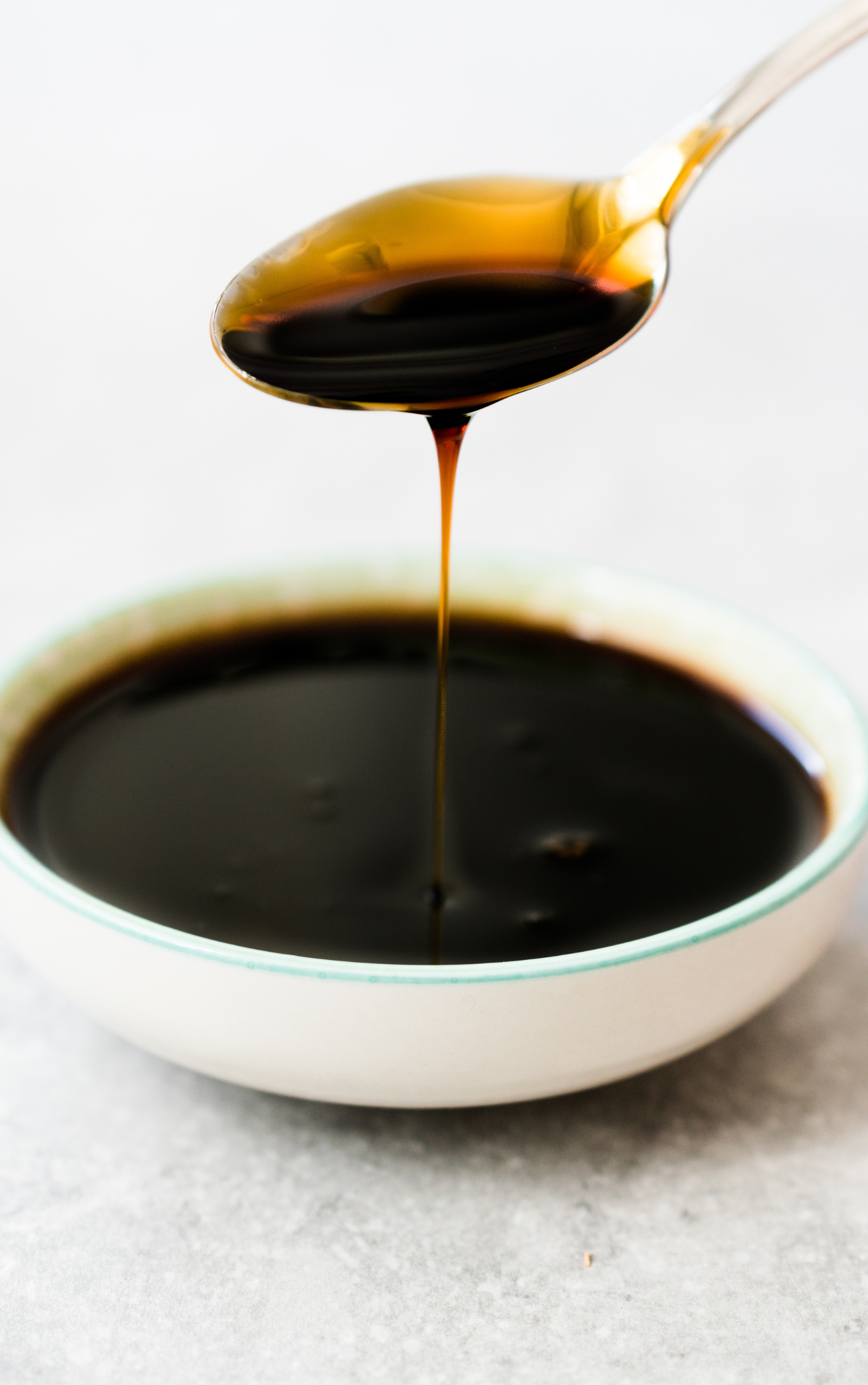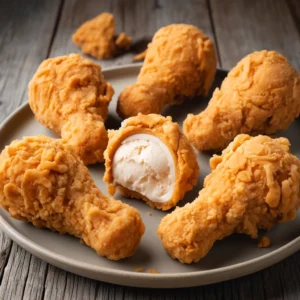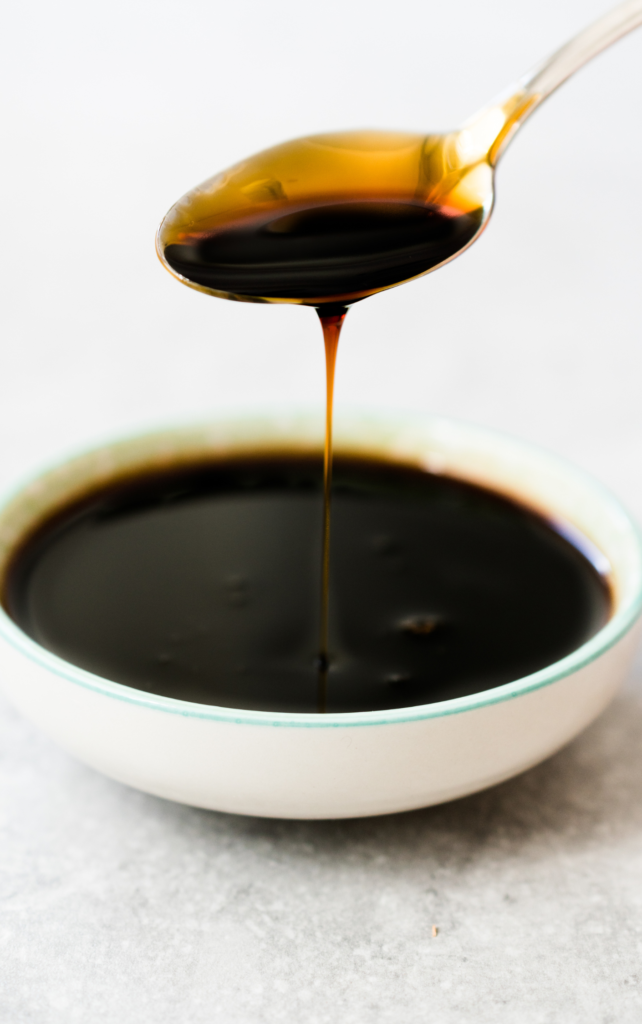
Explore alternative options as a substitute for molasses, a popular thick, dark, and rich sweetener often utilized in baking and cooking.
Delve into its distinctive flavor profile and discover common kitchen staples that can serve as suitable replacements.
However, for those who are looking for a healthier or vegan alternative, or simply ran out of molasses, fear not. There are plenty of options that can serve as a substitute for pomegranate molasses, such as agave nectar substitute.
In this blog post, we will explore the best substitutes for molasses and their uses in various recipes. So, let’s dive into this sticky situation and find the perfect substitute for your next culinary creation.
Understanding the Unique Flavor of Molasses
Molasses is a truly remarkable ingredient, boasting a distinctive flavor that can elevate any recipe it’s used in. Its deep, rich taste adds a complex sweetness that can’t be replicated by any other ingredient.
To fully appreciate molasses and find the perfect substitute, it’s essential to understand its unique flavor profile.
Molasses is produced as a byproduct during the sugar refining process. As sugarcane or sugar beets are processed to extract the sugar, molasses is what remains.
This dark, viscous syrup is packed with minerals like iron, calcium, and potassium, giving it a distinct earthy taste.
Its flavor can be described as bittersweet, with robust notes of caramel and a hint of bitterness.
This complexity is what makes molasses an essential ingredient in recipes like gingerbread cookies, barbecue sauces, and even savory dishes like baked beans.
When looking for a substitute for molasses, it’s crucial to find an ingredient that can mimic its unique flavor. While no substitute can completely replicate the depth of flavor that molasses offers, there are alternatives that can come close.
One popular option is brown sugar, which is a combination of granulated sugar and molasses. Brown sugar shares some similarities in taste, providing a hint of molasses flavor.
However, it is important to note that the intensity of the molasses flavor in brown sugar can vary depending on the brand and type of brown sugar used.
In general, darker brown sugars have a stronger molasses flavor, making them a suitable substitute in cookies or baked goods that require a rich, caramel-like taste.
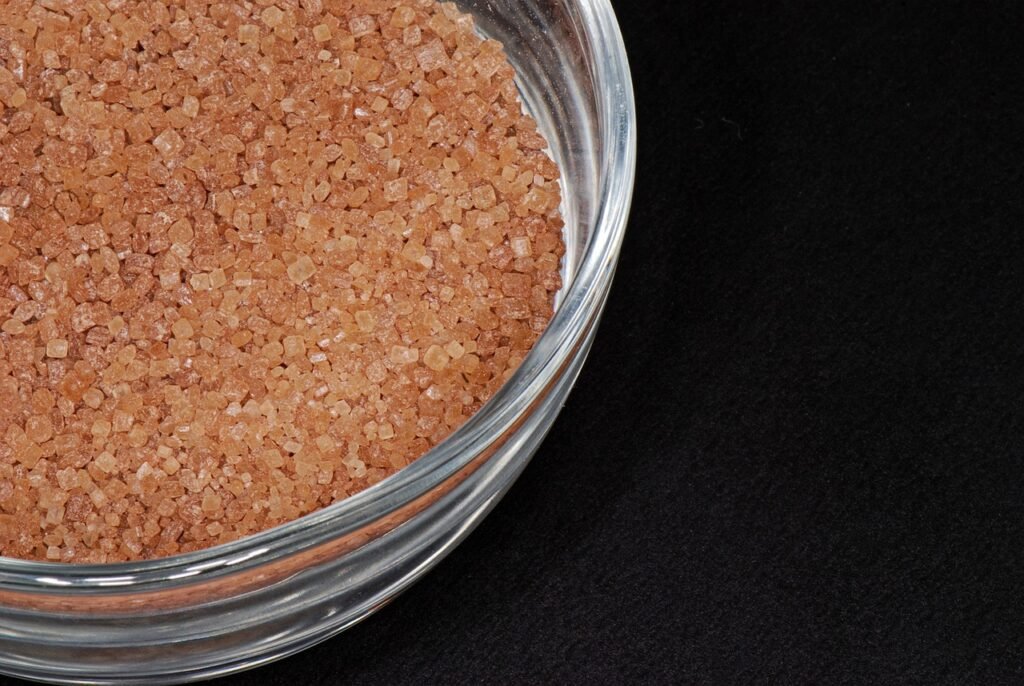
Another option is to use a combination of honey and unsulphured molasses.
By mixing equal parts of honey and molasses, you can create a blend that comes close to the unique flavor of molasses.
The honey adds its own sweetness and a subtle floral note, while the molasses provides that unmistakable earthy taste.
This combination works well in recipes where the molasses flavor needs to shine, such as barbecue sauces or marinades for grilled meats.
While these alternatives can come close to replicating the flavor of molasses, it’s important to remember that they are still substitutes.
They may not provide the exact same depth of flavor that molasses does, but they can still add a delicious touch to your dishes.
So, the next time you find yourself out of molasses or looking for a healthier or vegan option, don’t fret. With a little creativity and the right substitutes, you can still create mouthwatering recipes that will have everyone asking for seconds.
Popular Alternatives to Molasses in Baking
When it comes to baking, molasses plays a crucial role in providing that rich, deep flavor to cookies, cakes, and breads.
But what do you do when you find yourself without this sticky sweetener? Don’t worry, there are plenty of alternatives that can be just as delicious.
Let’s explore some popular substitutes for molasses in baking.
Brown Sugar
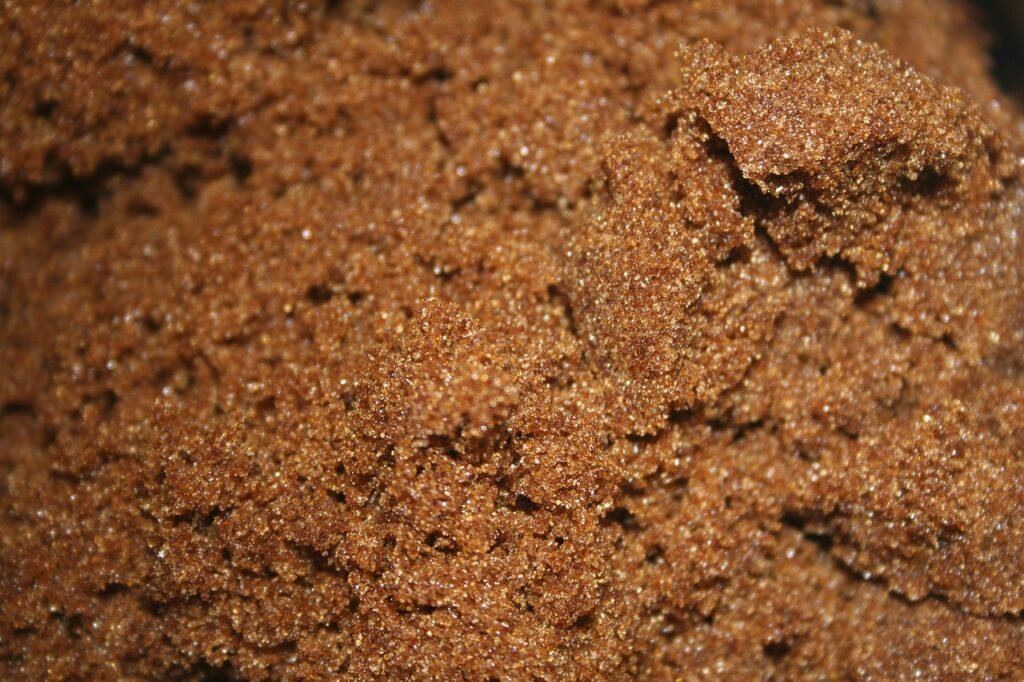
One of the top choices for a molasses substitute in cookies is brown sugar.
Brown sugar is a combination of granulated sugar and molasses, which means it already contains some of that signature flavor.
While it may not have the exact same depth as molasses, it can still add a lovely caramel-like taste to your baked goods.
Darker brown sugars tend to have a stronger molasses flavor, making them a great option for recipes that call for a rich and sweet taste.
Honey
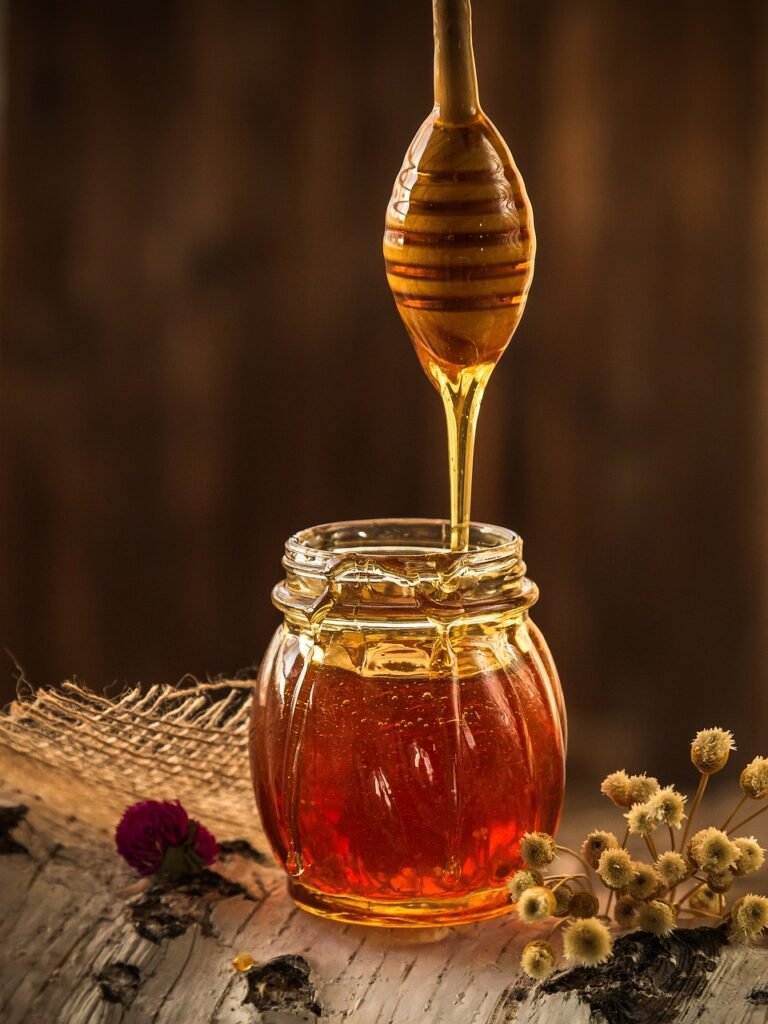
Another alternative is honey. Honey is a natural sweetener that brings its own unique flavors to the table.
Its floral notes can complement a variety of baked goods, especially in recipes like gingerbread cookies.
While honey may not have the same robust taste as molasses, it can still add a touch of sweetness and moisture to your cookies.
Maple Syrup
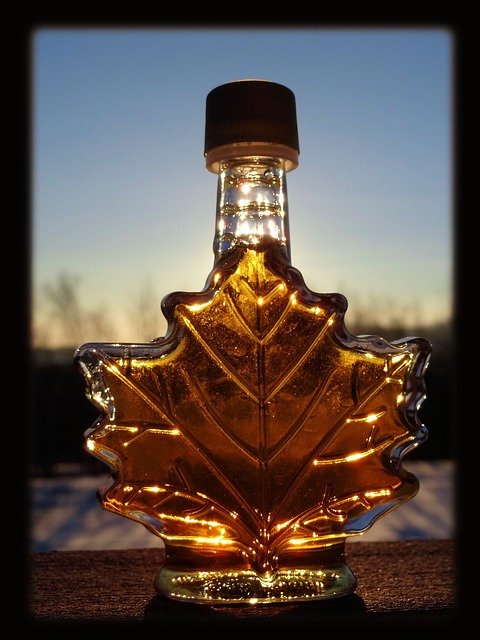
Maple syrup is another delightful substitute for molasses.
It offers a distinct flavor that pairs well with a wide range of baked goods. Like molasses, maple syrup has a rich, earthy taste that can enhance the depth of your cookies.
It can also bring a touch of sweetness and a hint of maple flavor that adds a unique twist to your baking creations.
Vanilla Sugar
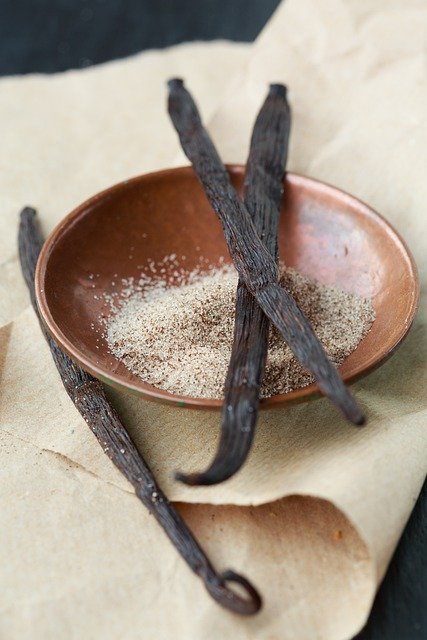
If you’re looking for a quick and easy substitute that you probably already have in your pantry, consider using white sugar mixed with a bit of vanilla extract.
While it won’t provide the same complexity of flavor as molasses, it can still add a hint of sweetness to your cookies.
This substitute works best in recipes that call for a smaller amount of molasses, as the vanilla extract helps to mimic some of the depth that molasses brings.
Let’s dive deeper into these substitutes a little more:
Honey – A Natural Sweet Substitute for Molasses
Honey is not only a delicious addition to your recipes, but it also brings its own unique flavors that can complement a variety of baked goods.
One of the reasons honey makes a great substitute for molasses is its versatility. With its floral notes and natural sweetness, honey can add a touch of complexity to your cookies.
While it may not have the same robust taste as molasses, it can still enhance the depth and flavor profile of your baked goods.
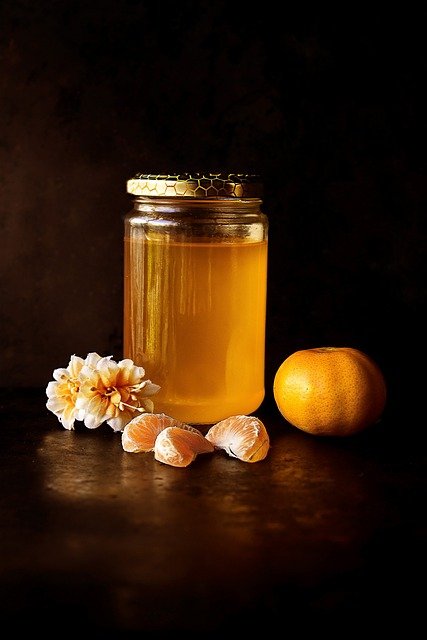
Using honey as a substitute in cookies is quite simple. Just keep in mind that honey is sweeter than molasses, so you may need to adjust the amount used in your recipe.
As a general rule of thumb, you can replace one cup of molasses with three-quarters of a cup of honey. This substitution ratio ensures that your cookies still have the desired level of sweetness without overpowering the other flavors.
One of the advantages of using honey as a substitute for molasses is its moisture-retaining properties. Honey has hygroscopic qualities, which means it attracts and retains moisture.
This can be particularly beneficial in baking, as it helps keep your cookies soft and chewy. The added moisture from honey can also prevent your cookies from drying out, giving them a longer shelf life.
Furthermore, honey is known for its health benefits. It contains natural antioxidants and has antibacterial properties, making it a healthier choice compared to processed sugars.
However, it’s important to note that honey does have a distinct flavor that can subtly alter the taste of your baked goods.
So, while it can be a great substitute for molasses, be mindful of the impact it may have on the overall flavor profile of your recipe.
Using Maple Syrup as a Delightful Switch
Maple syrup, with its sweet and earthy flavor, is a delightful switch when it comes to finding a substitute for molasses in your baking. Known for its distinct taste and versatility, maple syrup can add a unique twist to a variety of baked goods.
When using maple syrup as a substitute for molasses, it’s important to consider its sweetness. Maple syrup is sweeter than molasses, so you may need to adjust the amount used in your recipe.
As a general rule of thumb, you can replace one cup of molasses with three-quarters of a cup of maple syrup. This substitution ensures that your baked goods maintain the desired level of sweetness without overpowering the other flavors.
One of the advantages of using maple syrup as a substitute is the depth of flavor it brings to your baking creations.
Maple syrup has a rich, caramel-like taste that can enhance the complexity of your cookies, cakes, and breads. It adds a warm and comforting flavor that pairs well with spices like cinnamon, nutmeg, and cloves.
This makes it an excellent choice for recipes that require a deep, sweet flavor profile.
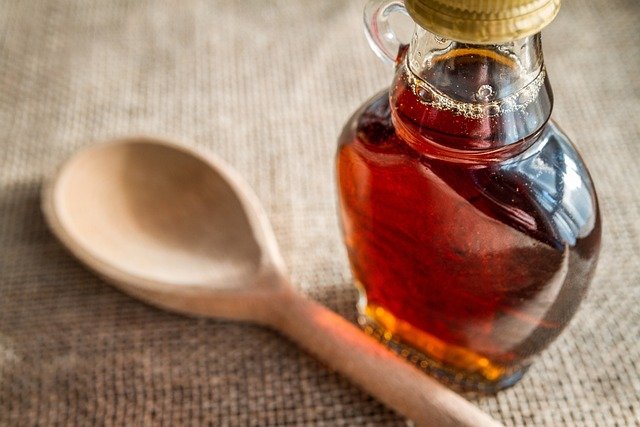
In addition to its delightful taste, maple syrup also offers some health benefits.
It contains antioxidants and minerals like manganese and zinc, which can contribute to overall wellness.
It’s important to note that while maple syrup is a natural sweetener, it still contains calories and should be consumed in moderation.
Another reason why maple syrup is a great substitute for molasses is its consistency.
Just like molasses, maple syrup is a liquid sweetener, which means it can easily be incorporated into your baking recipes. Its smooth and syrupy texture helps to keep your baked goods moist and adds a touch of richness.
When using maple syrup as a substitute, it’s best to opt for pure maple syrup rather than maple-flavored syrups.
Pure maple syrup has a more authentic and robust flavor that will truly enhance your baked goods. Be sure to read the labels and choose a quality maple syrup to ensure the best results.
Brown Sugar – A Quick Pantry Staple Replacement
When it comes to finding a quick and easy substitute for molasses, look no further than your pantry staple – brown sugar.
Brown sugar is a combination of granulated sugar and molasses, making it a natural choice for a replacement. Not only is it easily accessible, but it also provides a hint of that signature molasses flavor that can elevate your baked goods.
One of the reasons why brown sugar works so well as a substitute is its similar texture and consistency to molasses.
It adds a moist and chewy element to your recipes, just like molasses does. Plus, its rich caramel-like taste can bring a depth of flavor that complements a variety of baked goods.
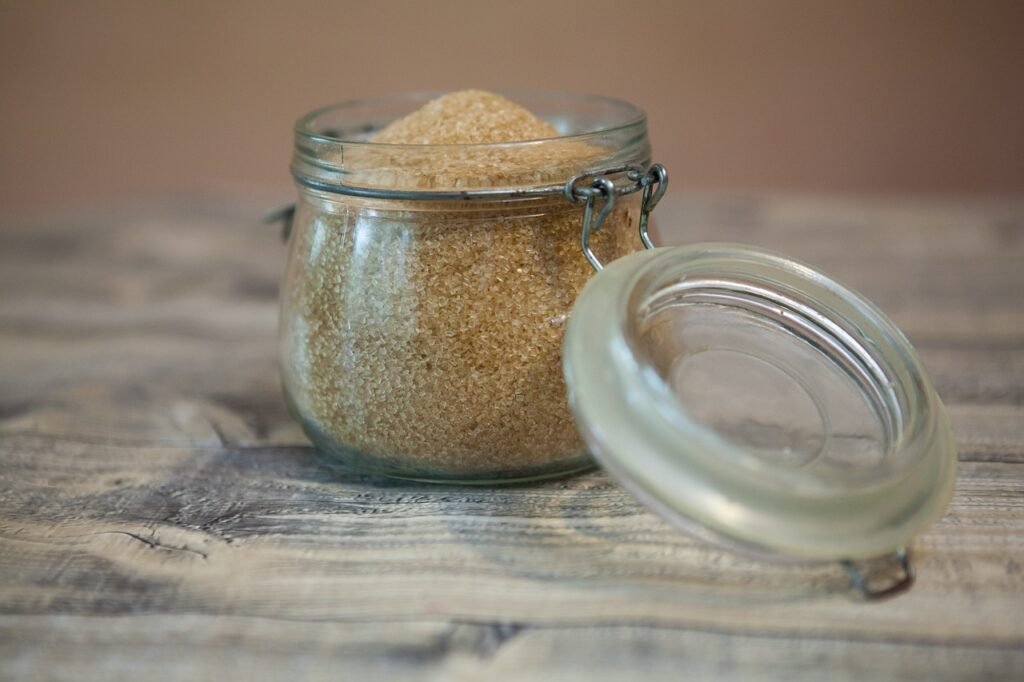
The intensity of the molasses flavor in brown sugar can vary depending on the brand and type used. Generally, darker brown sugars have a stronger molasses flavor, making them an ideal option for recipes that require a rich and sweet taste.
The deep, dark color of the sugar also adds a beautiful hue to your baked treats.
When using brown sugar as a substitute for molasses, you’ll need to consider the sweetness factor. Brown sugar is sweeter than molasses, so you may need to adjust the amount used in your recipe.
As a general guideline, you can replace one cup of molasses with three-quarters of a cup of brown sugar.
This substitution ensures that your baked goods still maintain the desired level of sweetness without overpowering the other flavors.
The versatility of brown sugar as a substitute for molasses extends beyond just baking. It can also be used in marinades, sauces, and glazes, providing that rich and sticky texture that molasses brings.
Whether you’re making a tangy barbecue sauce or a sweet and savory glaze for your meat, brown sugar can deliver a similar depth of flavor.
While brown sugar can come close to replicating the taste of molasses, it’s important to remember that it is still a substitute. It may not provide the exact same complexity and depth of flavor that molasses does, but it can still add a delicious touch to your dishes.
So, the next time you find yourself out of molasses or looking for a quick replacement, reach for that trusty box of brown sugar in your pantry. Your taste buds won’t be disappointed!
Related Articles:
Brown Sugar Boba: What is It and How to Make It At Home
Heavy Cream vs Heavy Whipping Cream: A Comprehensive Comparison
As an Amazon Associate, I earn commission from qualifying purchases.

